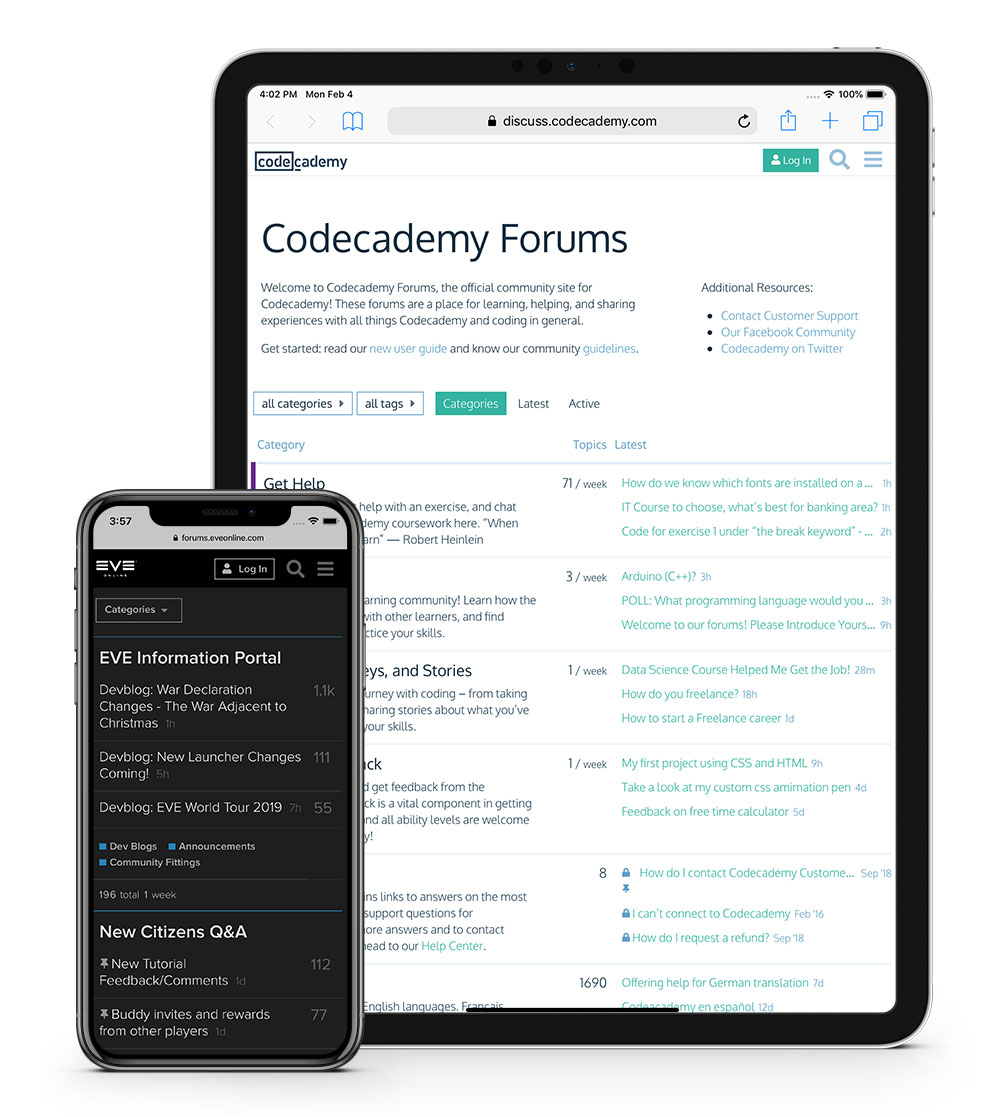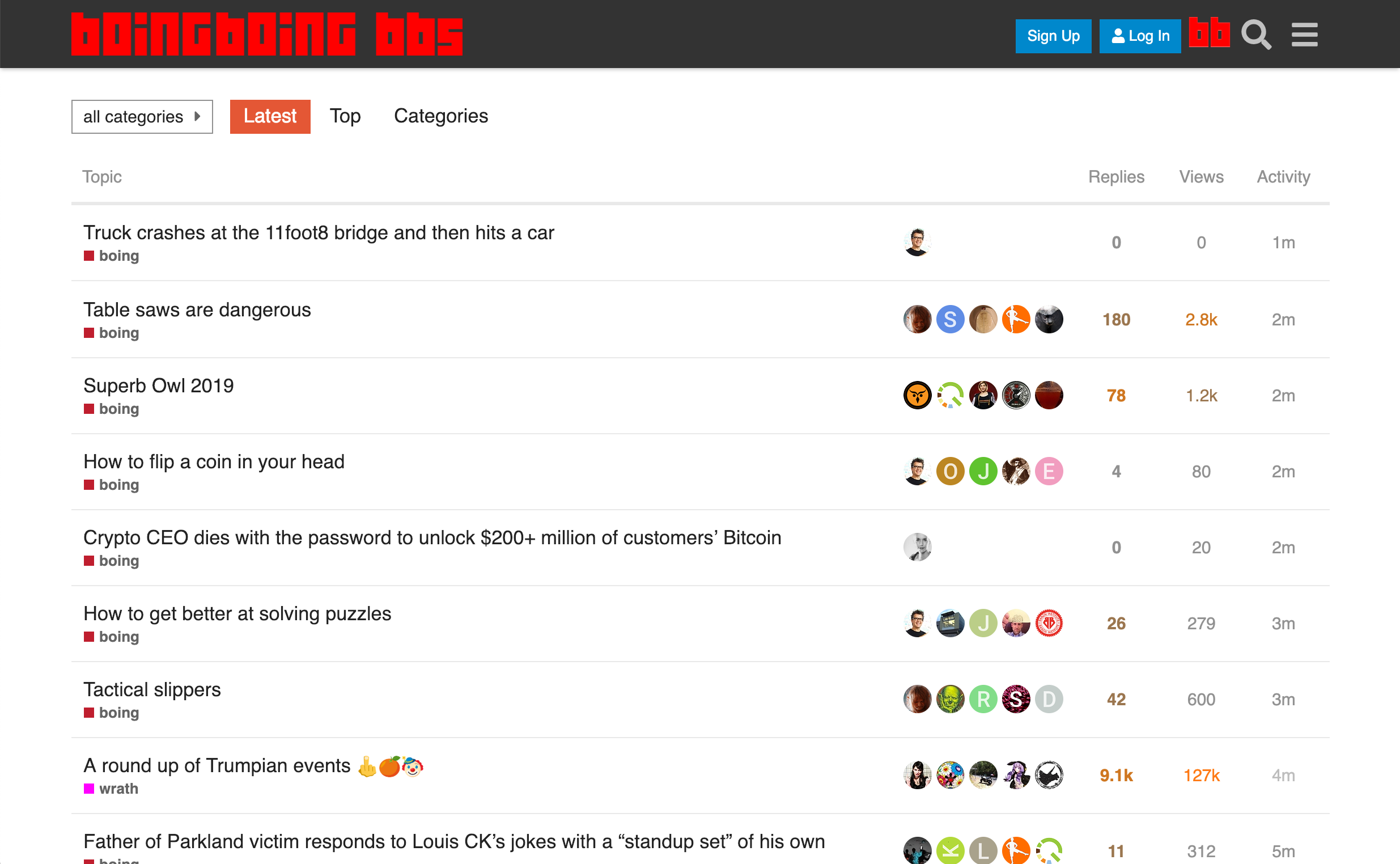This commit should be a no-op for all existing core outlets. Outlets which are introduced by themes/plugins may see a change in behavior, and should follow the steps below if they want to maintain their previous behavior.
`tagName="" connectorTagName=""` is almost always the correct choice for plugin outlets. 40eba8cd introduced a `noTags=true` shortcut which achieved this, and left a comment saying it should be the future default. This commit does exactly that. To avoid any breaking changes for plugins, all existing plugin outlets have been reviewed and adjusted by following this logic:
1) If `noTags=true`, remove the `noTags` parameter, and do not complete any further steps
2) If `tagName` is not specified, set `tagName="span"` (the previous default)
3) If `connectorTagName` is not specified, set `selectorTagName="div"` (the previous default)
4) If `tagName=""`, remove it
5) If `connectorTagName=""`, remove it
The updates were accomplished with the help of a ruby script:
```ruby
def removeAttr(tag, attribute)
tag = tag.sub /\s#{attribute}="?\w*"? /, " "
tag = tag.sub /\s#{attribute}="?\w*"?}}/, "}}"
tag = tag.sub /^\s*#{attribute}="?\w*"?\n/, ""
tag
end
files = Dir.glob("app/assets/javascripts/**/*.hbs")
puts "Checking #{files.count} files..."
files.each do |f|
content = File.read(f)
count = 0
edits = 0
content.gsub!(/{{\s*plugin-outlet.*?}}/m) do |match|
count += 1
result = match
noTags = result.include?("noTags=true")
tagName = result[/tagName="(\w*)"/, 1]
connectorTagName = result[/connectorTagName="(\w*)"/, 1]
if noTags
result = removeAttr(result, "noTags")
else
if connectorTagName == ""
result = removeAttr(result, "connectorTagName")
elsif connectorTagName.nil?
result = result.sub(/name="[\w-]+"/) { |m| "#{m} connectorTagName=\"div\"" }
end
if tagName == ""
result = removeAttr(result, "tagName")
elsif tagName.nil?
result = result.sub(/name="[\w-]+"/) { |m| "#{m} tagName=\"span\"" }
end
end
edits += 1 if match != result
result
end
puts "#{count} outlets, #{edits} edited -> #{f}"
File.write(f, content)
end
```

Discourse is the 100% open source discussion platform built for the next decade of the Internet. Use it as a:
- mailing list
- discussion forum
- long-form chat room
To learn more about the philosophy and goals of the project, visit discourse.org.
Screenshots

Browse lots more notable Discourse instances.
Development
To get your environment setup, follow the community setup guide for your operating system.
- If you're on macOS, try the macOS development guide.
- If you're on Ubuntu, try the Ubuntu development guide.
- If you're on Windows, try the Windows 10 development guide.
If you're familiar with how Rails works and are comfortable setting up your own environment, you can also try out the Discourse Advanced Developer Guide, which is aimed primarily at Ubuntu and macOS environments.
Before you get started, ensure you have the following minimum versions: Ruby 2.7+, PostgreSQL 13+, Redis 6.0+. If you're having trouble, please see our TROUBLESHOOTING GUIDE first!
Setting up Discourse
If you want to set up a Discourse forum for production use, see our Discourse Install Guide.
If you're looking for business class hosting, see discourse.org/buy.
If you're looking for our remote work solution, see teams.discourse.com.
Requirements
Discourse is built for the next 10 years of the Internet, so our requirements are high.
Discourse supports the latest, stable releases of all major browsers and platforms:
| Browsers | Tablets | Phones |
|---|---|---|
| Apple Safari | iPadOS | iOS |
| Google Chrome | Android | Android |
| Microsoft Edge | ||
| Mozilla Firefox |
Built With
- Ruby on Rails — Our back end API is a Rails app. It responds to requests RESTfully in JSON.
- Ember.js — Our front end is an Ember.js app that communicates with the Rails API.
- PostgreSQL — Our main data store is in Postgres.
- Redis — We use Redis as a cache and for transient data.
- BrowserStack — We use BrowserStack to test on real devices and browsers.
Plus lots of Ruby Gems, a complete list of which is at /main/Gemfile.
Contributing
Discourse is 100% free and open source. We encourage and support an active, healthy community that accepts contributions from the public – including you!
Before contributing to Discourse:
- Please read the complete mission statements on discourse.org. Yes we actually believe this stuff; you should too.
- Read and sign the Electronic Discourse Forums Contribution License Agreement.
- Dig into CONTRIBUTING.MD, which covers submitting bugs, requesting new features, preparing your code for a pull request, etc.
- Always strive to collaborate with mutual respect.
- Not sure what to work on? We've got some ideas.
We look forward to seeing your pull requests!
Security
We take security very seriously at Discourse; all our code is 100% open source and peer reviewed. Please read our security guide for an overview of security measures in Discourse, or if you wish to report a security issue.
The Discourse Team
The original Discourse code contributors can be found in AUTHORS.MD. For a complete list of the many individuals that contributed to the design and implementation of Discourse, please refer to the official Discourse blog and GitHub's list of contributors.
Copyright / License
Copyright 2014 - 2021 Civilized Discourse Construction Kit, Inc.
Licensed under the GNU General Public License Version 2.0 (or later); you may not use this work except in compliance with the License. You may obtain a copy of the License in the LICENSE file, or at:
https://www.gnu.org/licenses/old-licenses/gpl-2.0.txt
Unless required by applicable law or agreed to in writing, software distributed under the License is distributed on an "AS IS" BASIS, WITHOUT WARRANTIES OR CONDITIONS OF ANY KIND, either express or implied. See the License for the specific language governing permissions and limitations under the License.
Discourse logo and “Discourse Forum” ®, Civilized Discourse Construction Kit, Inc.
Dedication
Discourse is built with love, Internet style.


